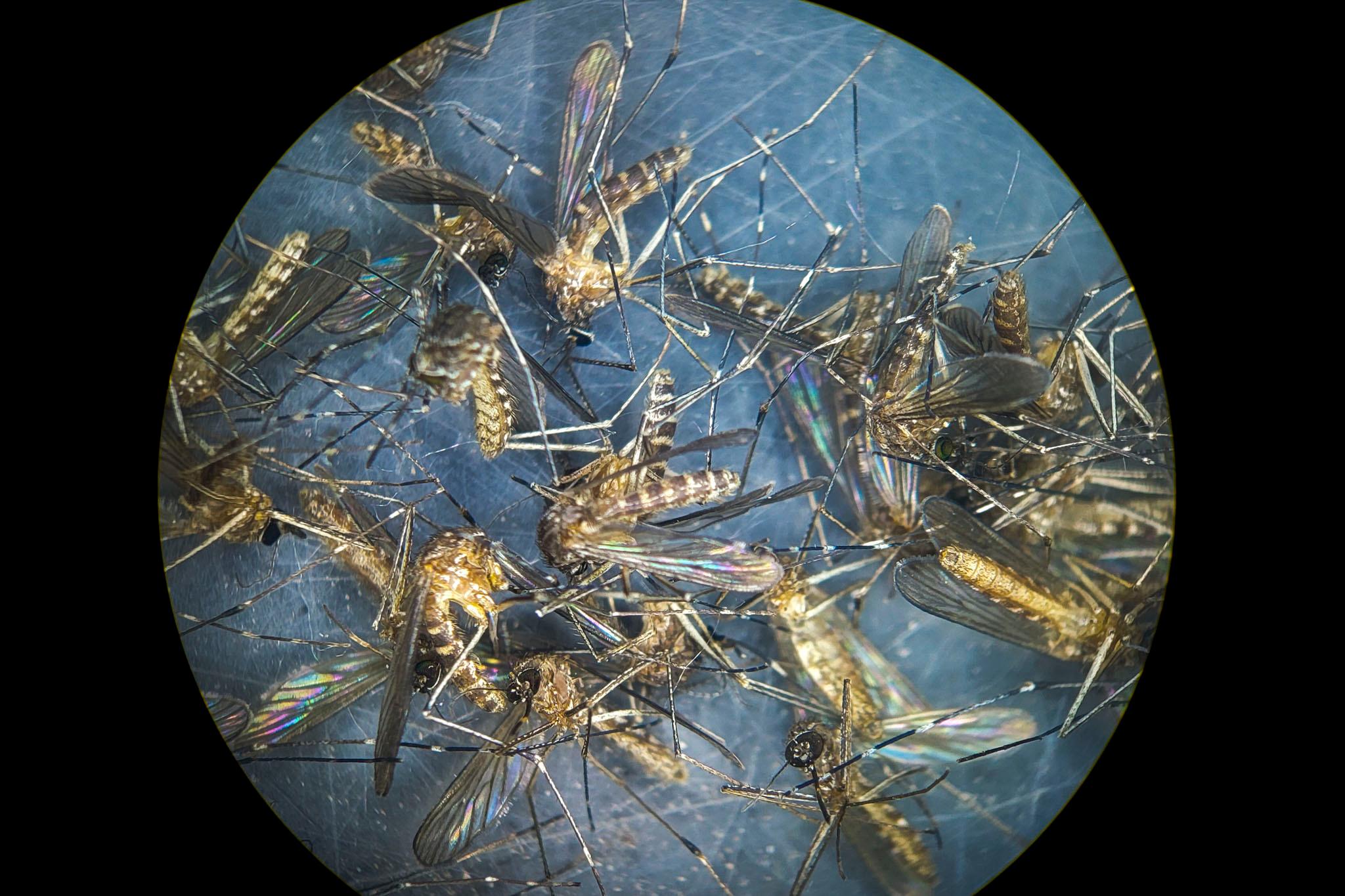Mosquitoes collected in Denver have tested positive for West Nile Virus, according to the city’s health and environment agency and the state health department.
So far this year, the Colorado Department of Public Health and Environment has confirmed seven cases in the state. Four required hospitalization, but none have died.
No human cases have yet been reported in the city and county of Denver, according to the Denver Department of Public Health and Environment. The state reported two cases this year in Arapahoe County, with one each in Delta, Jefferson, La Plata, Mesa and Weld counties, according to the state’s website.
Colorado recorded the year’s first human case of West Nile virus in an Arapahoe County resident last month — earlier than usual.
The city routinely tests adult mosquitoes for the virus from mid-June through mid-September by checking traps at five locations weekly across the city, according to the city’s health department.
The agency said it works to reduce breeding sites and uses insecticide to control mosquitoes at the larval stage to decrease the adult populations.
West Nile virus hit Colorado hard in 2023. The state led the nation in deaths with 51, the highest figure recorded here in more than two decades. Almost 400 people were hospitalized after contracting the mosquito-borne virus.
How do you treat West Nile Virus?
There is no vaccine or medicine to treat West Nile, according to the Centers for Disease Control and Prevention.
Health providers can give supportive care to alleviate symptoms and aid recovery.
Anyone can contract it, but those older than 50 or with weakened immune systems are at higher risk of developing serious illness.
Symptoms may also include skin rashes and swollen lymph nodes, generally appearing three to 14 days after being bitten by an infected mosquito. Most infections are mild, but some cases are severe and it can be fatal. Those can lead to inflammation of the brain (encephalitis) or inflammation of the brain's lining (meningitis), which can cause problems ranging from vision loss to paralysis, coma, tremors, and convulsions.
If you experience symptoms, health agencies say to consult a doctor.
Prevention, and avoiding mosquito bites, are key:
- The bugs turn out from dusk to dawn, when it’s a bit cooler, often in the woods and in gardens.
- Health officials suggest wearing long sleeves and pants and also applying insect repellent. More information can be found on the EPA’s website.
- Also, be sure to drain standing water outside your home.













